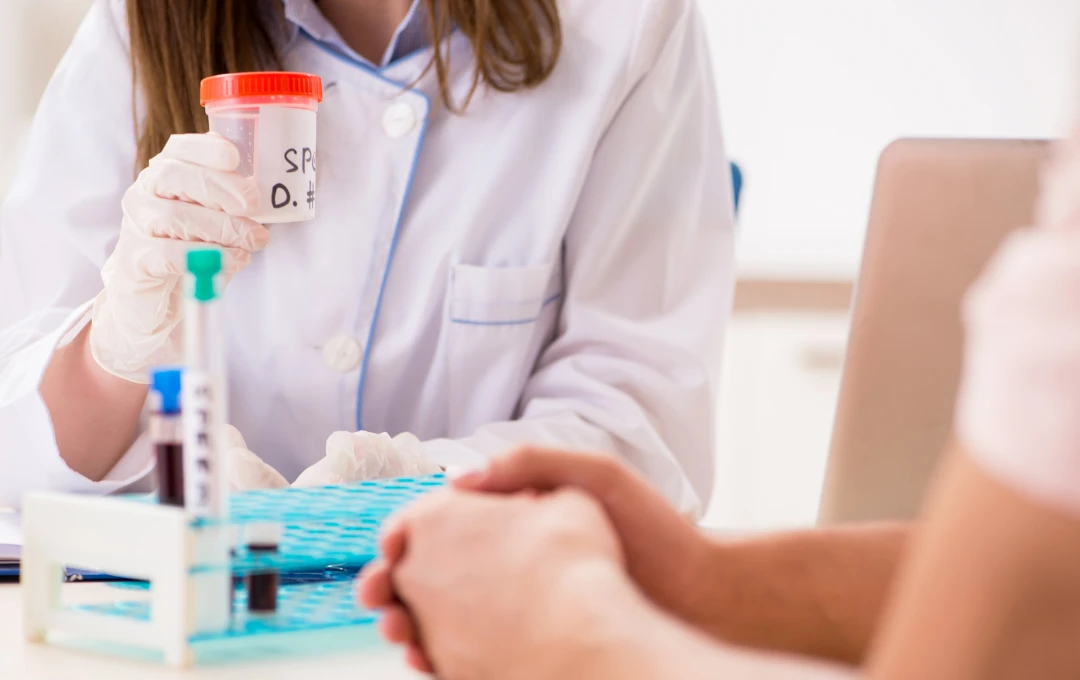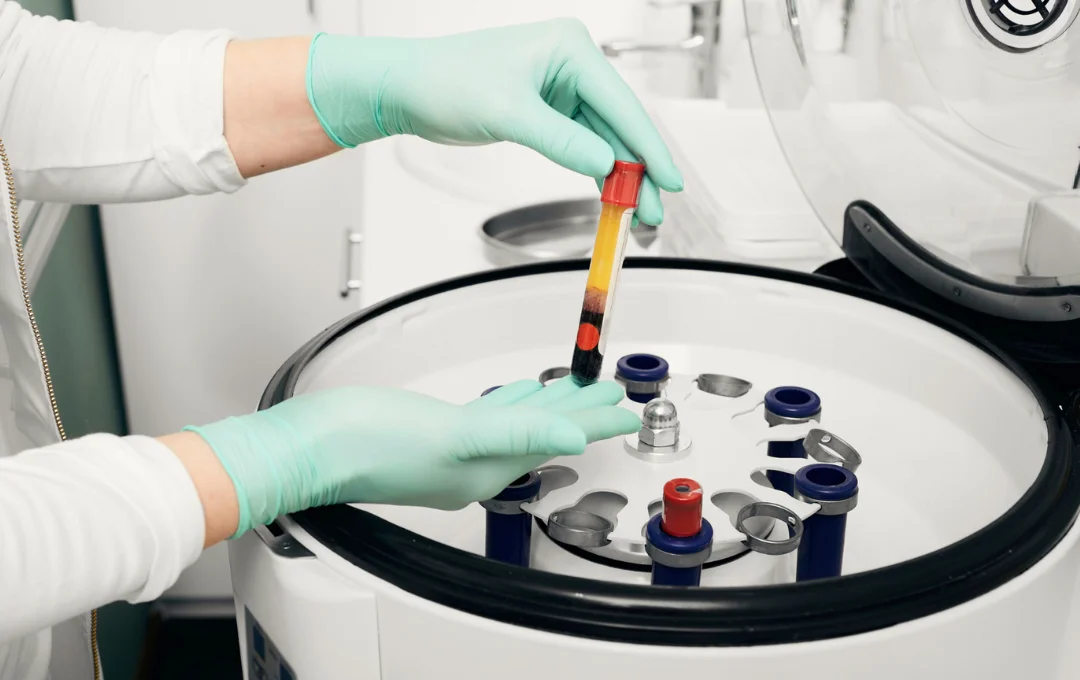Drug Addiction Treatment
Addiction treatment is a complex challenge that requires a multifaceted approach. Interventions examined include cognitive behavioural therapy (CBT), motivational therapy, family therapy, and substitution medications.
Get a Free Consultation
Drug Addiction Treatment and Recovery

Substance abuse is a global public health problem that affects millions of people each year. Despite advances in the understanding and treating this disease, it remains a significant challenge for individuals, families and communities.
Living healthy with a clear mind is essential for our happiness. Substances that initially provide entertainment or quick escape can rob us of this ability.
If this is true for you or your loved one, you are not alone. Millions of people struggle to escape the grip of drug addiction. Additionally, there have been significant developments in drug treatment in recent years. Injection or implant treatments, as well as psychotherapy, have become practical tools for overcoming addiction.
Drug addiction treatment includes different applications, such as individual and group psychotherapy sessions, psychological diagnostic tests, drug tests, outpatient rehabilitation or detoxification programs.
Tips and warning signs
Drug addiction is not a personality defect. It's a health problem. It affects your brain and your behaviour. Therefore, you cannot control the use of the medicine. Substances accepted by society also fall into this category, like alcohol, tobacco or marijuana.
If someone you care about has an addiction, you should consider encouraging them to get help.
Additionally, you may suspect drug abuse in your family or loved ones. In this case, it is helpful to consider the following signs:
- Problems at work or school include frequent absences, sudden disinterest in work or school, and a decline in grades or performance at work.
- Physical health problems: Lack of energy and motivation. Weight gain or red eyes.
- Neglecting appearance: Neglecting personal care. Indifference to clothing.
- Behavioural changes: Major changes in behaviour in family and friendship relationships. Signs of overprotection of private space.
- Financial problems: Applying for a loan out of the blue, sometimes without a good reason. Money or valuables start disappearing from your home.
Symptoms of Drug Addiction
Symptoms of drug addiction include:
- The need to use the medicine regularly. Every day, even several times a day.
- The need to use drugs blocks all other thoughts.
- Develop tolerance to the drug over time. Consume more doses to feel the same effect.
- I was using a medication for more extended periods and at higher doses than intended.
- Keep a certain amount of medication at all times.
- Spending money on drugs, even when there is no money.
- It is not fulfilling one's responsibilities. Reduce social activities to use drugs.
- Continue to use drugs, knowing the psychological and physical damage.
- Do things you wouldn't normally do to get the medicine like theft.
- I am driving or doing other risky activities while under the influence of drugs.
- Spend a lot of time obtaining, using and retrieving medication.
- Failure to stop taking medications.
- I am experiencing withdrawal symptoms when trying to quit.
When you detect any of these symptoms in yourself, you need to understand that you are no longer in control of your drug use and need to seek help. The sooner you intervene, the more likely you are to improve in the long run.
Intervention
Addiction treatment
Detoxification
Implant Treatment
Psychotherapy methods
Cognitive behavioral therapy (CBT)
Contingency Management (CM)
CM is effective in encouraging or reinforcing sobriety. It is a form of psychotherapy that doctors use to treat many types of drug addictions, such as alcohol, opioids, marijuana, or stimulants.
When the patient exhibits desired behaviors such as remaining sober, he or she is rewarded and materially motivated in this treatment. The most important advantage of CM is that it leads to the elimination of the two biggest problems associated with treatment. Discontinuation of treatment and relapse.
Motivational interview (MI)
In this method of psychotherapy, the goal is to eliminate the patient's indecision and adopt the treatment. The greatest advantage of MI is that the patient becomes motivated and creates his plans for change after the sessions. Thus, the patient feels that he has control over the treatment.
Dialectal Behavior Therapy (DBT)
DBT is useful for treating serious personality disorders such as borderline personality disorder. However, DBT is an adaptable method for many drug addiction treatment cases. It is effective in reducing the patient's urge and helping them avoid situations or opportunities that may cause a relapse. Additionally, DBT can allow you to stop actions that reinforce drug abuse.
Rational Emotional Behavior Therapy (REBT)
Helps you better understand your thoughts and develop better habits. This allows you to think more positively and rationally and acquire healthy emotions.
The basic principle of REBT is that rational thinking comes from within the person and not from outside. It teaches you to look for the reason why you feel happy or unhappy.
Our doctors can apply psychotherapy individually, in groups or as a family, depending on your needs. The success of the treatment mainly depends on the patient's commitment and dedication to the treatment. Additionally, the performance of the therapist and other treatment teams and the type of therapy applied are effective factors.
Art and workshop therapy
It is a method of psychotherapy that encourages creativity and expression. Especially for patients who have difficulty expressing themselves. You do not need to have any artistic skills or experience to participate. Art therapists will guide you in the use of materials and facilitate your creativity.
The goal of therapy is not to create works of art, but to enable you to discover new ways of expressing your feelings and thoughts. Plus, coming to life with colors, dance, and music helps you stay motivated for change.
Research shows that regular participation in art therapy increases self-confidence, social healing and reduced anxiety. Additionally, art therapy was determined to decrease symptoms such as reticence, distractibility, limited verbal expression, and inability to enjoy life in chronic psychiatric patients.
Conclusion
The sooner you start drug treatment, the better the results will be. Don’t hesitate if you or a loved one want to be safe from drug addiction. Get rid of this scourge that consumes your mind and body every day. Answer your doctor's questions honestly, keeping your health in mind. Life is worth living without depression and anxiety.
Join to our newsletter

Authorized by the Ministry of Health and Tourism in Turkey








